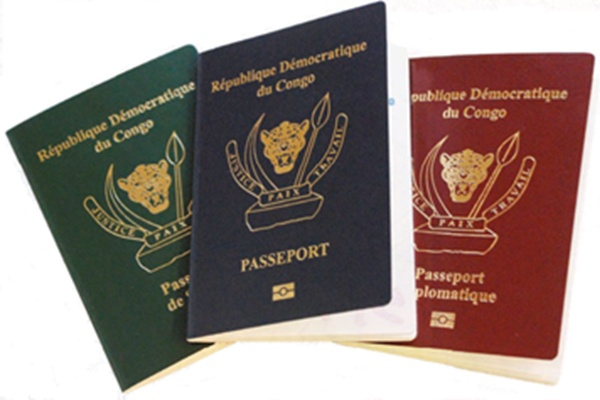Since June 5, 2025, the cost of a passport in the Democratic Republic of Congo has dropped from $99 to $75, a 24.2% reduction. The government unveiled the new pricing on May 27 through the Ministry of Foreign Affairs, International Cooperation, and Francophonie, promising not just affordability but improved service.
The new passport has 38 pages–against 32 before–enhanced security features, and complies with updated ICAO (International Civil Aviation Organization) standards. Officials also promise a simplified process with delivery timelines of 10 days in Kinshasa, 15 days in the provinces, and 20 days abroad.
Yet many Congolese remain skeptical. On the ministry’s Facebook page, one commenter reflected the general mood: “Stop lying to us... We know how things work in this country.” The disbelief is rooted in past experience. Even when the official fee stood at $185, applicants often waited over a month and paid far more than the listed price due to informal fees and bureaucratic delays. The government’s lack of detailed communication on how it plans to combine lower prices with improved delivery only deepens public suspicion.
Dermalog, a German firm, will officially design, fund, and produce the new passports. The company signed a $48 million deal with the Congolese government, according to a decree signed by the foreign minister on December 13, 2022. Although the contract’s duration has not been formally disclosed, media reports suggest a five-year term ending in December 2030.
So far, authorities have not broken down the $75 fee to clarify how much goes to Dermalog, how much to the state, and how operational costs will be covered.
When President Félix Tshisekedi signed off on the price cut on April 11, he called for a smooth transition that honors existing contractual obligations and protects social peace, especially by “avoiding any abrupt decisions that could impact government employees involved in passport issuance.”
This statement appears to shield the private partner’s financial share, suggesting that any adjustment in margins would fall elsewhere. But the fate of public agents remains uncertain. Many citizens fear that some may continue to charge extra fees for services that should be free — a practice deeply embedded in the system — raising the real cost and delaying delivery.
So far, neither the government nor Dermalog has given updates on the deployment of new enrollment centers or equipment across Kinshasa, the provinces, or diplomatic missions. In a June 4 letter to Foreign Minister Thérèse Kayikwamba Wagner, the union representing ministry staff expressed serious concerns about the rollout.
An inventory conducted by an interministerial committee reportedly showed limited implementation and mounting shortages of production tools amid rising demand. The letter also claimed that Dermalog had so far invested less than $5 million — just 10% of the contract’s maximum value.
This article was initially published in French by Pierre Mukoko and Timothée Manoke (intern)
Edited in English by Ola Schad Akinocho










